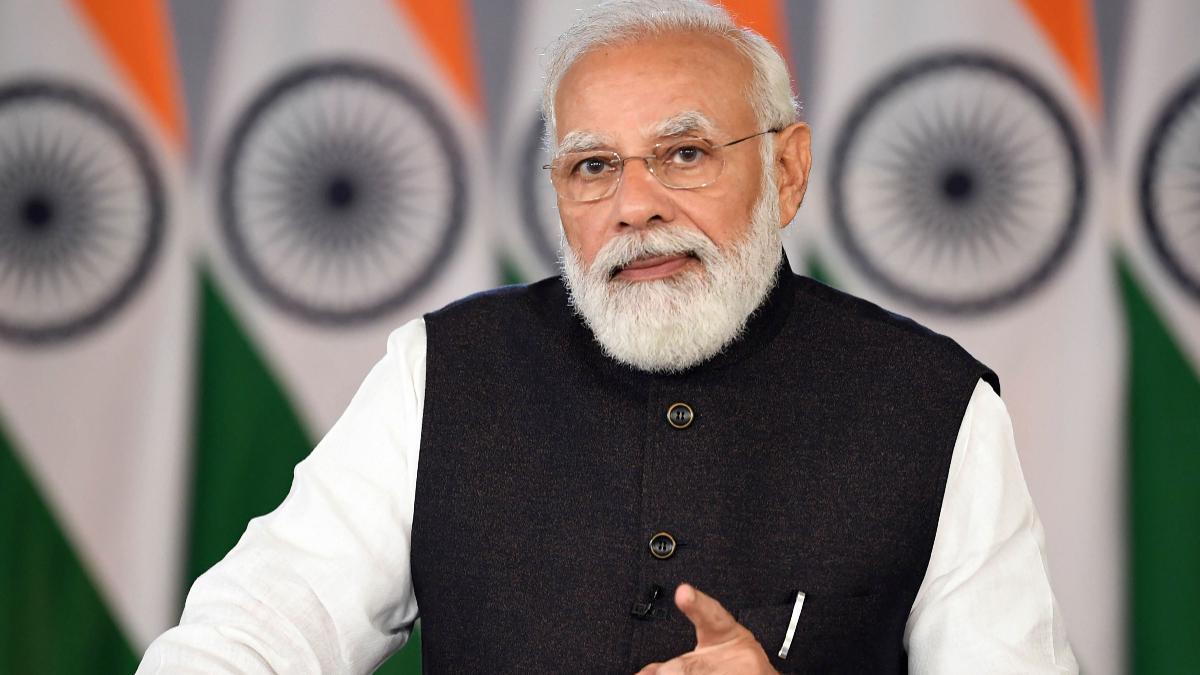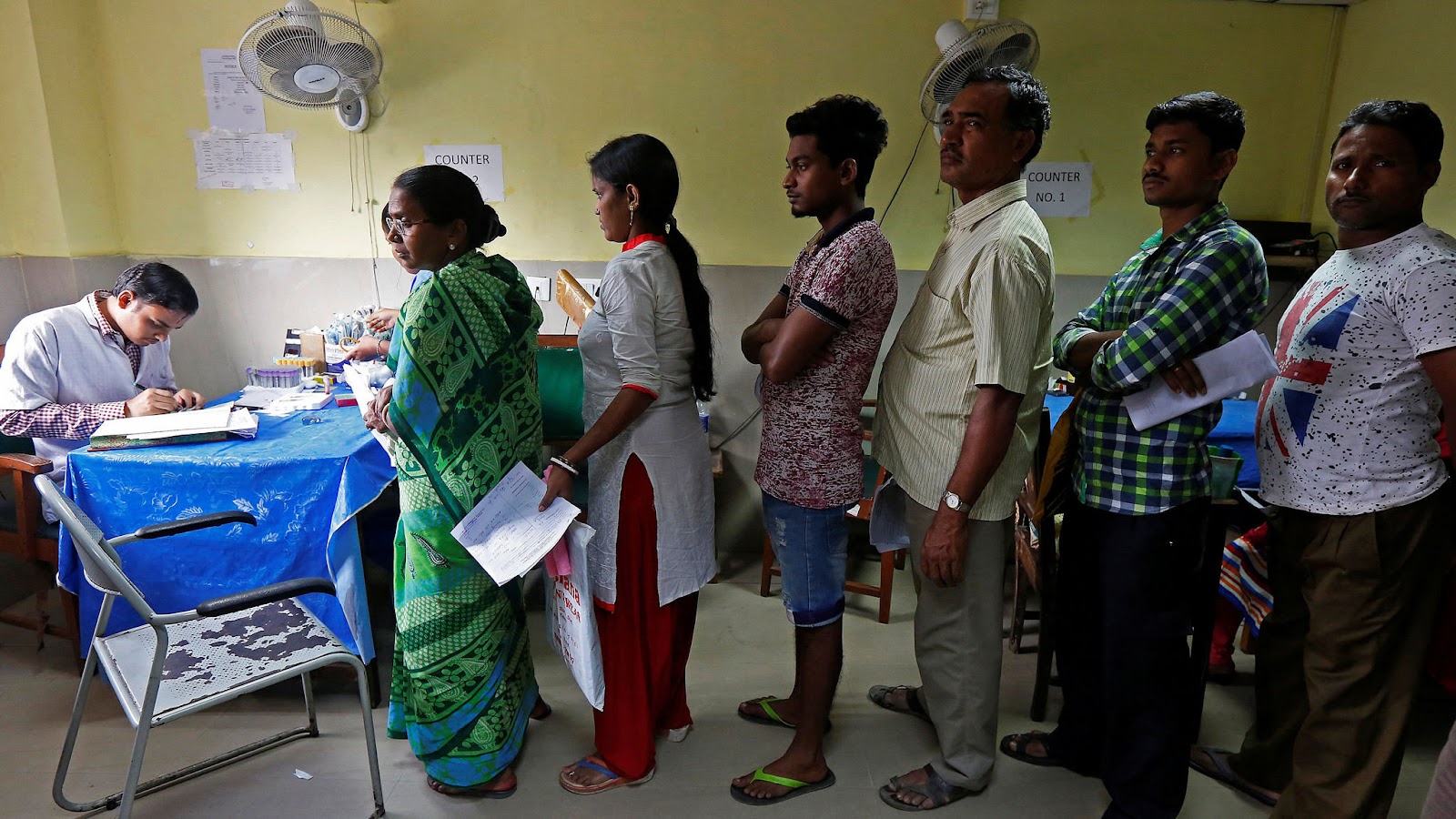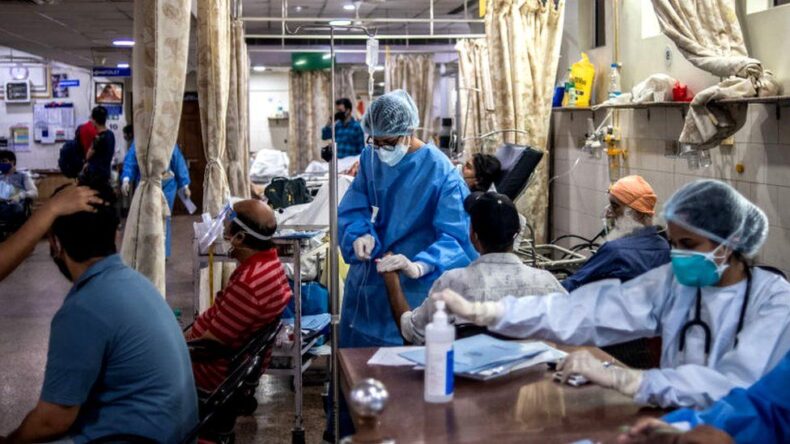Table of Contents
On the 6th of March, while addressing a post-budget webinar on health and medical research, Prime Minister Narendra Modi spoke about the issue of India’s dependence on foreign countries for healthcare and how constant efforts are being made to reduce this dependence.

India aims
He specifically targeted the importance of “evidence-based medicine” while researching in the field of ayurveda and pressed upon the cruciality of evidence in ayurvedic research.
He said that healthcare and research should be viewed in two paradigms: the pre-covid era and the post-covid era. This need to divide and study healthcare and conduct research in the field of healthcare and medicine has emerged increasingly as the pandemic acted as a litmus test to evaluate the strength of every country’s healthcare as well as the dependence or independence of every nation’s healthcare systems.
Prime Minister Narendra Modi further spoke about the cashless health insurance scheme “Pradhan Mantri Jan Arogya Yojna” and how it has led to healthcare savings of almost Rs. 80,000 crores for its beneficiaries. These savings will act as insurance money for unforeseeable emergency health expenditures for the individual. Under the scheme, Jan Aushadhi Kendras have also been set up, which allow patients and beneficiaries to purchase generic medicines. This has additionally resulted in savings of about Rs. 20,000 crores.
Speaking about the Ayushman Bharat Health Infrastructure Scheme (PM-ABHIM), the Prime Minister talked about how the ABHIM scheme aims to make India’s health infrastructure more nationalized, thereby reducing India’s dependence on foreign nations for healthcare. He highlighted how about two hundred and sixty new medical colleges have been set up in the past few years, and how the number of seats in medical colleges for MBBS and post-graduation has doubled since 2014, thereby catering to the lack of healthcare workers in India.
He further added that the scheme is now focusing on developing and institutionalising new nursing medical colleges, and a majority of them are to be set up within the vicinity of medical colleges.

Reduce healthcare dependency on foreign countries
Prime Minister Narendra Modi said that important healthcare infrastructure is now being built in tier-2 cities, as well as in rural areas with smaller towns. It is hoped that this will lead to the development and setting up of a healthcare system in most corners of India, making healthcare more accessible for its residents. The government is also focusing on setting up more testing facilities and treatment centres near the homes of residents, as the health sector will now focus not just on the healthcare of citizens but their wellness as well.
He stressed the need for entrepreneurs to develop technology focused on developing India’s healthcare sector to reduce India’s international dependence technologically by highlighting the various measures the government hopes to implement to boost entrepreneurship in the field of medicine and healthcare.
Last week, the World Bank committed $1 billion to India in two complimentary loans of $500 million each to support India’s healthcare infrastructure. This step was taken to support India’s decision to increase national resilience in the health sector and work towards the preparedness of the country’s health systems in the face of future pandemics that may occur.
Previously, in its ongoing G20 Presidency, India spoke about how it strives for equitable healthcare access and the importance of a ‘value-based’ healthcare system by further highlighting the measures being taken by the government as a part of the 2024 budget itself.












